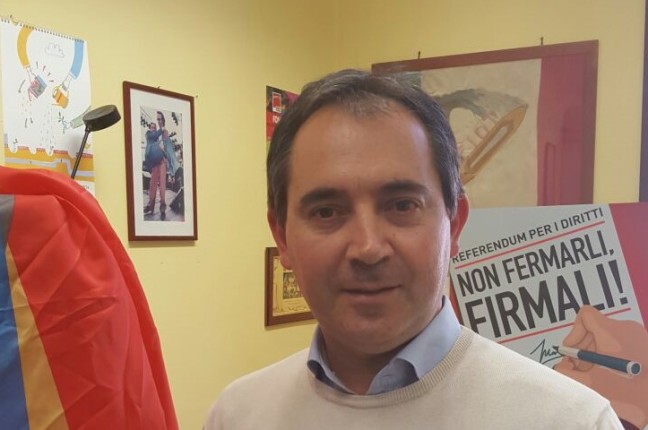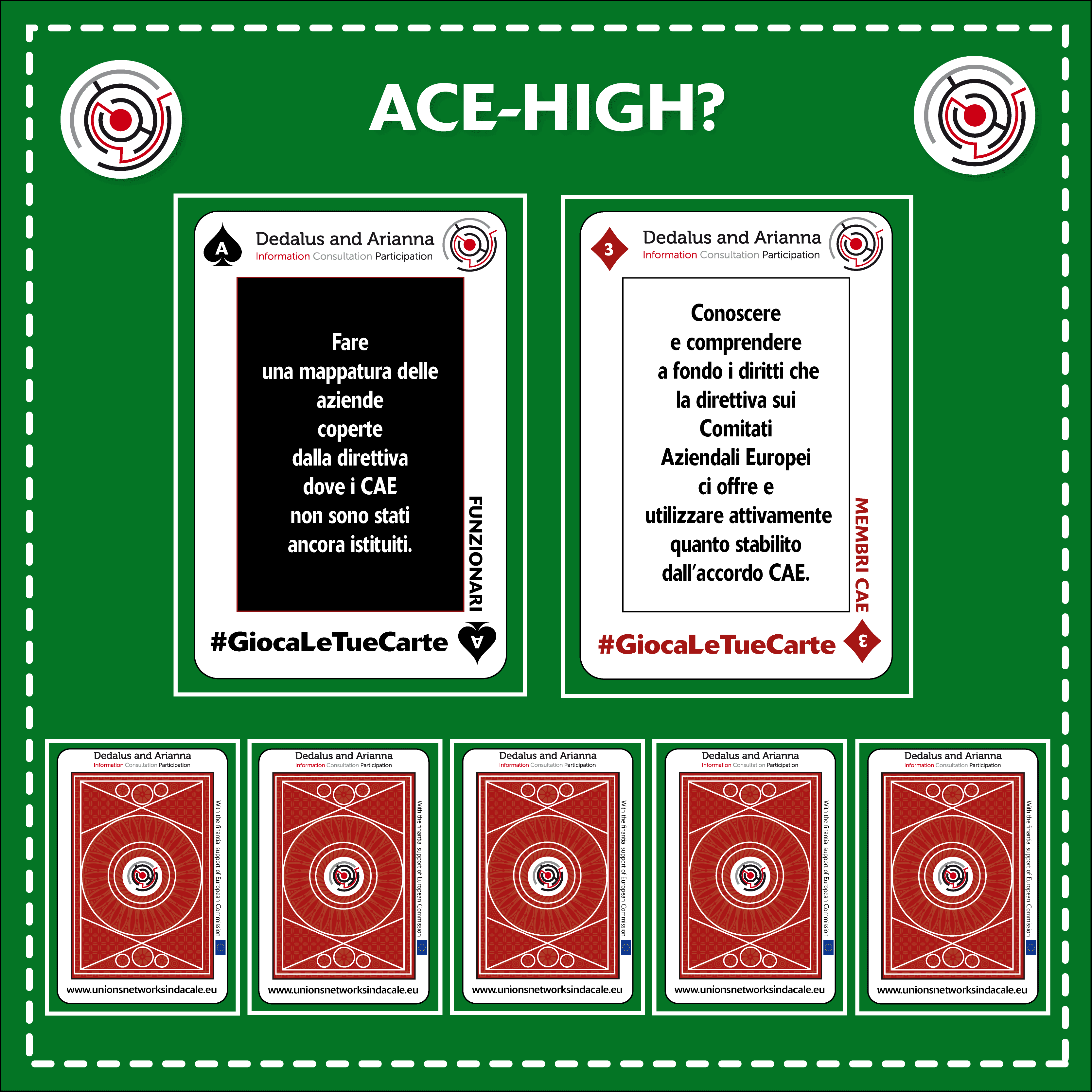

When Mario Principe first heard of EWCs, not many people knew them. At the time, he was working in a pharmaceutical company. Years later, he became a full-time trade unionist. Today, among other things, Principe deals with European Works Councils. «Observing the dynamics of industrial relations from up close, on a transnational level, helps to broaden your horizons», he affirms.
What are these horizons made of?
Potential. Despite the obvious steps forward we have made recently, the trade union is still afflicted by a certain localism, while multinational companies are skillfully moving inside the worldwide scenario. We thus need to provoke a change in our mentality and strategies. There is a lot of talk about transnational negotiation. I think it is the key topic, which implies many others. First of all, the trade union model we intend to entrust this important change to. We should agree on issues that could become the object of negotiation, and maybe insist for the ETUC to take on a role of more coordination. All this very positively stimulates our forecasts for the future, but we should be careful not to neglect the tools we already dispose of.
Are you referring to information and consultation?
They are and will be two fundamental premises for EWCs to function correctly. When information is not provided, or where there seem to be few occasions for consultation, we need to demand them. Knowing means understanding. Only by means of understanding can we be ahead of the game, in an attempt to influence the choices of the large Groups. In one of the pharmaceutical companies I deal with, the EWC, together with the management, was able to define a pact of social responsibility concerning the conciliation of life and work. In that document you can read that part time work is a right. Well, this small conquest has had significant repercussions on companies and has improved the wellbeing of employees.
What do you think about the relationship between EWCs and trade unions?
I think the role of EWCs has been underestimated for a long time. As a trade unionist, I feel responsible for this. Works councils, however, have a central function. They are healthy carriers of innovative experiences. Even multinationals know this. Luckily, our conception of EWCs has changed deeply in time. I notice a different awareness. In this process of raising awareness on international issues I would also not underestimate the role of the workers. Compared to the past, we can count on a more schooled audience, more inclined to understand the relations of cause and effect between what is decided in Brussels and what is happening in the single geographic areas. In my industry, this is quite clear. If the trade union isn’t there on time, the workers draw attention to certain processes.
This project has been funded with support from the European Commission. This publication reflects the views only of the author, and the Commission cannot be held responsible for any use which may be made of the information contained therein.
Downloads
- REPORT FINALE ICARUS (261.1 KiB, 1,772 hits)
 Coorindamento per andare oltre la direttiva
Coorindamento per andare oltre la direttiva
Date: Wed Sep 30 13:31 A cosa servono i CAE
A cosa servono i CAE
Date: Wed Sep 30 13:28 Statistiche sui CAE
Statistiche sui CAE
Date: Wed Sep 30 13:20
-

-

ANTONIO ZAGARI – EWC SUEZ, FIOM CGIL, MILAN
12 September 2016 By Dedalus -

MARIO ONGARO – THE COORDINATOR OF FISAC CGIL INTERNATIONAL DEPARTMENT
12 September 2016 By Dedalus
-

José Manuel López Viñolo, EWC Saica Pack, CCOO de Catalunya
16 February 2016 By Dedalus -

-

Andrea Capelli – Solvay EWC, Filctem Cgil, Milan
12 July 2016 By Dedalus
-

GIULIO REGENI – UNDERSTANDING THE EGYPTIAN DEMOCRATIC WORKERS MOVEMENT
12 September 2016 By Dedalus -

Sonia Cattaneo – EWC Air Liquide, FEMCA CISL Milan
15 February 2016 By Dedalus -

Juan Ramón Amorós, EWC Boehringer-Ingelheim, CCOO
16 February 2016 By CCOO de Catalunya

Sito web a cura del Dipartimento Internazionale di CGIL Lombardia: internazionale@cgil.lombardia.it (Responsabile Fabio Ghelfi).



Leave a reply